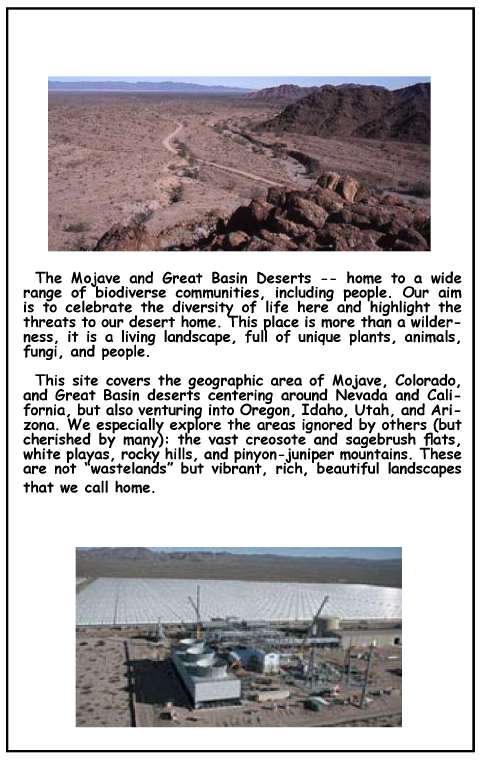
cal
suicide when he stated publicly, "Elderly people who are terminally ill
have a 'duty to die.'" He was never elected to public office again, but
it was one of the most honest and courageous declarations ever made by
a politician in the contemporary world of the 20th Century.
In 1986, when Lamm presented the inaugural Timothy and Sharon Ubben Lecture at DePauw University he was more explicit:
"The
miracles of modern medicine are simply outrunning the public's ability
to pay for them. You can't afford to do everything to everybody, so we
have to make some decisions. I know that that's difficult, but I also
know that it's possible."
Lamm
added, "We spend more than a billion dollars a day for health care, but
our bridges are falling down, our teachers are underpaid, our
industrial plants are rusty...We treat death as if it were
optional...People talk about the right to die, as if we have the right
to refuse to die. Once we stop treating death as an enemy and recognize
it as an inevitability, we can save massive resources. We must look
rationally at the phenomenal amount of resources we spend on the last
few weeks of peoples' lives to only prolong suffering."
And
remember Lamm said this in 1986, when the world population was less
than 5 billion and "global warming" was an idea being scrutinized by
just a handful of obscure scientists. In 1986, Lamm noted that we spend
almost $400 billion a year on health care. In 2008, health care costs
accounted for almost 1596 of the U.S. $14 trillion Gross Domestic
Product, or over $2 TRILLION.
And
yet, to even suggest that all of us have an obligation to die causes
outrage and accusations of planned "death panels" and comparisons to
Nazi Germany.
What's
being missed here is that extending physical life—prolonging
"biological function"— is not ultimately a regulatory issue. It isn't
a political issue—it is a cultural phenomenon that an increasingly
sophisticated technology has thrust upon us. Among the most
conservative and devoutly religious, we have to ask ourselves, "Is this
God's will?" Or something else altogether?
"People talk about the right to die, as if we have the right
to refuse to die. Once we stop treating death as an enemy
and recognize it as an inevitability,
we can save massive resources.
We must look rationally at the phenomenal amount
of resources we spend on the last few weeks
of peoples' lives to only prolong suffering."
Richard Lamm....1986
When advances in medicine can restore health
and vitality, it is extraordinary; when it merely extends the date of
death, is it still worthy of our praise? Doesn't it even demand that we
question its validity and even its morality?
When
I was 25 years old, writing this story would have sounded arrogant and
cold and even cruel, for I was still a young man not even halfway down
the road. Even then, Governor Lamm's words resonated with me, but I
could hardly express myself and be taken seriously.
Now
as I approach an age where "death by natural causes" is happening to my
friends much more frequently than car wrecks and drug overdoses, and
where I keenly sense my own mortality for the first time, I think I can
offer an opinion based more on decades of experiences than on a theory.
Like
everyone, I have endured the loss of family and friends. Two
experiences stand out in my mind, more than four decades apart.
In
September 1969, my grandfather had a severe stroke. He had been feeling
poorly for a few weeks and one afternoon had remarked quietly to my
grandmother, "It won't be long now." He was ready. In those days, it
was the way death was considered. When the stroke came, it left my
grandfather paralyzed on one side of his body and he could not speak.
He was rushed to a hospital, but there was little the doctors could do.
He received oxygen and his paralysis eased but he never regained his
voice.
Still
he was conscious and aware of our presence; I sat with him every day,
and we had time to say our goodbyes. When death came exactly a week
later, he passed so quietly, my grandmother didn't notice he was gone.
Until that last week, my grandfather had been the man he always was.
Now our memories of him would be measured by that life.
Sprint
ahead more than 35 years to 2005. My father, then 80, suffered a
cerebral hemorrhage even more debilitating than my grandfather's. But
medical technology and pharmaceuticals have improved dramatically.
Somehow, against all odds, he lived. But in those four "bonus" years
before his death in January 2009, he was never able to physically be
the man he once was and he never fully regained his powers of speech.
He was an articulate man who valued the use of language, and his
inability to "find the right word" often frustrated him to tears.
The
stroke also affected him mentally; it diminished his ability to keep
his darker thoughts to himself. We all have them, of course, but his
brain was no longer able to suppress them. No matter how hard I try, it
is difficult to exclude those memories when I assess my own feelings
for him.
Finally,
though I have no detailed accounting, the health care costs my father
incurred in those last four years must have exceeded half a million
dollars. Maybe more.
My
story is repeated time and again, every hour of every day. Do we owe
modern medicine a debt of gratitude? Or do we question, at times, its
real value? There is no clear cut answer, but surely the question must
be asked.
As
population and the consumption of our natural resources exerts more
pressure on the planet, do those of us who move closer to the far end
of that Life Curve have the right to extend it, simply because advances
in technology allow us to? It has been estimated that we spend more on
health care in the last 12 months of our fife than the rest of it
combined. And yet we talk about the millions of children, in America
alone, who receive little or no health care, who suffer from
debilitating illnesses that could be cured.
As
Richard Lamm said 25 years ago, death is not a threat, it is an
inevitability. The question is, at what cost to the planet, to our
family and friends, and to ourselves, are we willing to deny it?

